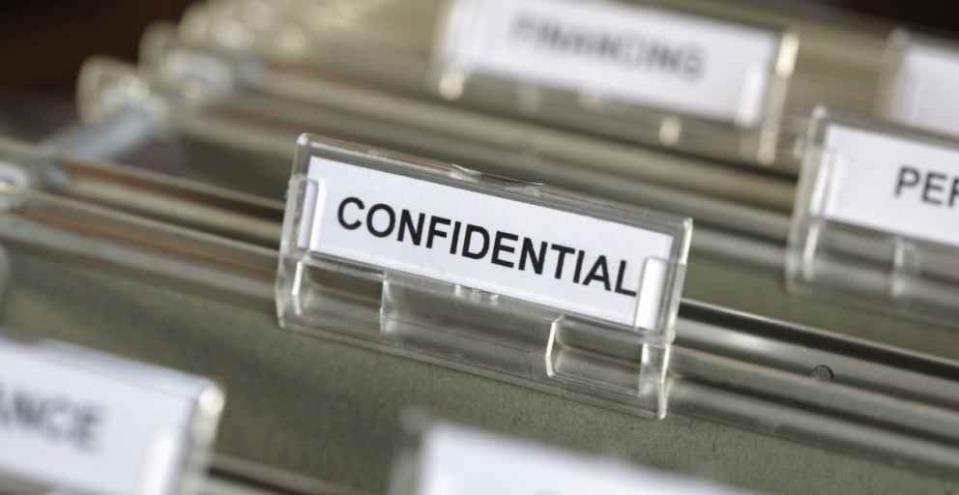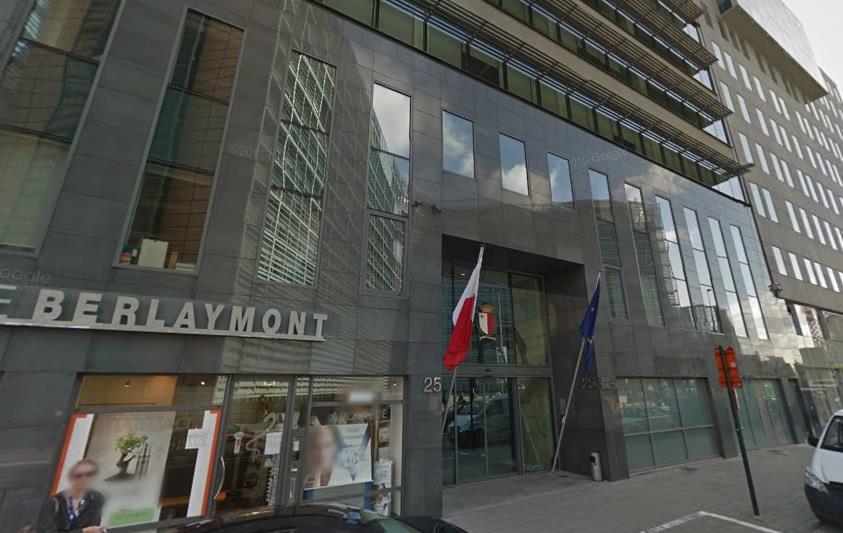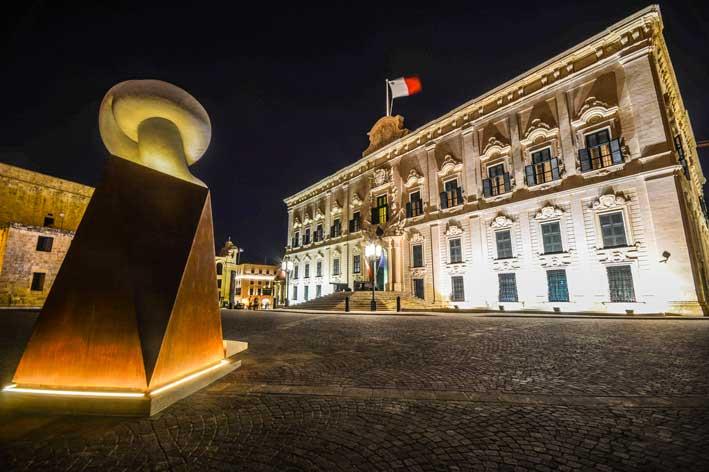In its refusal to grant information on meetings which took place between lobby groups and Malta EU representation in Brussels, the government referred the applicant to “Part V or Part VI” of the Freedom of Information Act.
More specifically, the response reads: “With reference to your request dated 22/10/2015 received by Permanent Secretary MEAIM, we regret to inform you that your request/complaint cannot be met because: by virtue of Part V or Part VI, there is good reason for withholding the document requested.”
A report penned by the Alliance for Lobbying Transparency and Ethics Regulation (ALTER-EU) revealed that Malta was one of two EU member states which refused a Freedom of Information Request on meetings between the Maltese representation in Brussels and lobby groups.

Friends of the Earth Malta had initially sent the request to the Maltese permanent representation, having jointly taken part in the initiative with ALTER-EU. In their request, Director of FoE Martin Galea de Giovanni asked:
“How many meetings have employees of the Maltese Permanent Representation to the EU had with representatives of companies, organisations and other stakeholders, during the last 12 months? I would like to request a list of these meetings: who was present at the meeting, including the names of organisations/lobbyists presents, as well as the date of the meeting and the subject matter discussed.”
The sections which were referred to in the reply include various grounds on which the government can refuse a Freedom of Information request. Such requests can be refused on the grounds of national security, if the information being requested is part of a Cabinet document, and a number of other reasons.
While each member state’s permanent representation in Brussels links with their respective heads of state, or the European Council, these entities have an active role to play in the EU decision making process, requiring higher levels of scrutiny.

Speaking with this newsroom, Mr Galea de Giovanni said: “As I mentioned corporate lobbyists enjoy widespread access to member state representations by exploiting loopholes in EU transparency rules. The ALTER-EU report is the first ever study on lobbying activities at national government offices in Brussels.”
Quoting from the actual report itself, it was said that "there is a worrying level of corporate lobbying directed at the EU's permanent representations. These national government offices play an important role in EU decision-making but in a way which is largely under the radar, making them an ideal target for big business lobbyists. It seems clear that member state offices in Brussels are wide open to corporate lobbyists."
Therefore, a number of questions as to the amount of lobby meetings taking place, what has been on the agenda and which lobby groups have been meeting with the Maltese representation remain unanswered. While the lack of information does not necessarily mean anything irregular has been taking place, the inability to know for sure creates uncertainty and a lack of trust.
“Our main demand is that permanent representations should avoid corporate dominance in their lobby contacts and to record all lobby meetings in a transparent manner,” said Mr Galea de Giovanni.
After being refused by the Permanent Secretary at the Ministry for European Affairs and Implementation of the Electoral Manifesto, he then proceeded to request an internal review of the decision, which was ultimately upheld. In a final bid to seek answers, he then lodged a complaint to the Information and Data Protection Commissioner, stating that the reasons for refusal were far too vague, and observed that consideration of public interest was not being upheld.
In total, ALTER-EU requested information form 17 EU member state countries. Out of the 17, Romania, Poland, and Ireland disclosed the complete list of lobby meetings, the Netherlands disclosed partially complete lists of lobby meetings, Malta and the UK refused access to information, Belgium, Denmark, Gerany, Portugal, Spain and Sweden did not hold the information requested, and finally Australia, Cyprus, Greece, France and Italy did not reply.
Reaction from the Office of the Prime Minister
 In reaction a representative from the Office of the Prime Minister wrote: “Reference is being made to reports in the media that the Permanent Representation of Malta to the EU refused to give access to information related to meetings between officials and lobby groups in Brussels.
In reaction a representative from the Office of the Prime Minister wrote: “Reference is being made to reports in the media that the Permanent Representation of Malta to the EU refused to give access to information related to meetings between officials and lobby groups in Brussels.
“It should be clarified that requests made by the applicant did not relate solely to meetings with lobby groups but referred to all meetings held, including those with companies, organisations, all stakeholders, and individuals.
“It should be noted that the request was initially made to Malta’s Permanent Representation under Regulation 1049/2001 of the European Parliament and the Council regarding public access to European Parliament, Council and Commission documents.
“However the information requested did not fall under the scope of this Regulation as it does not concern a request for a document pertaining to the institutions of the European Union.
“The applicant subsequently made a request for information under the Malta’s Freedom of Information Act, at which point the request was processed in line with the relevant provisions. This request could not be accommodated on the basis of the exemptions specifically provided for in the same Act. The extensive request would include sensitive information involving diplomatic and economic relations. Moreover, the extensive information requested is not available.”